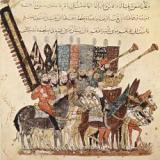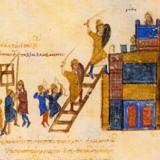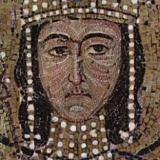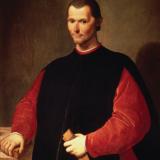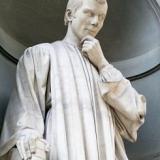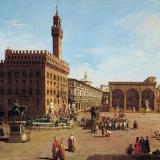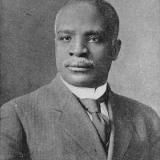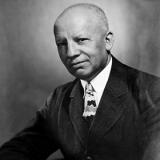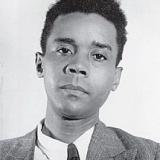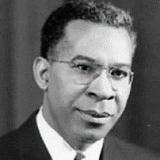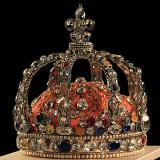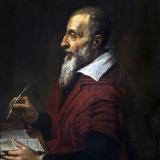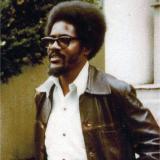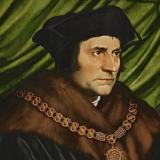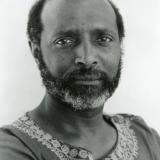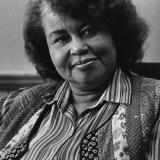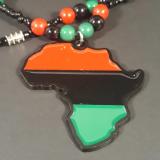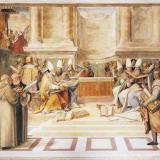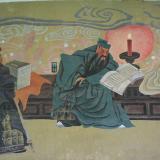History writing
Posted on
The historian Ibn Khaldūn applies the methods of philosophy to understand the rise and fall of political regimes.
Posted on
The larger meaning of history in the chronicles written by Michael Psellos, Michael Attaleiates, Anna Komnene, and Niketas Choniates.
Posted on
Princess Anna Komnene makes good use of her political retirement by writing her Alexiad and gathering a circle of scholars to write commentaries on Aristotle.
Posted on
Historian Judith Herrin joins us to talk about competition and mutual influence between Islam and Byzantium.
Posted on
Machiavelli’s seminal work of political advice, The Prince, tells the ruler how to be strong like a lion and cunning like a fox.
Posted on
Peter celebrates reaching 350 episodes by explaining a single sentence in Machiavelli's "Discourses."
Posted on
Leading Machiavelli scholar Quentin Skinner joins Peter to discuss morality, history, and religion in the Prince and the Discourses.
Posted on
Bruni, Poggio, Machiavelli, and Guicciardini explore political ideas and historical method in works on Roman and Italian history.
Posted on
The ANA unites leading African American scholars of the early 20th century, including W.E.B. Du Bois, Paul Laurence Dunbar, William Ferris, Archibald Grimké, and Kelly Miller (pictured).
Posted on
We chat with Tommy Curry about African-American thought between the turn of the century and the Harlem Renaissance.
Posted on
Pioneering historian Carter G. Woodson argues for a new approach to education and economic uplift.
Posted on
The Trinidadian historian and cultural critic C.L.R. James applies Marxist analysis to the Haitian Revolution, American cinema, and Shakespeare.
Posted on
Two Trinidadian political thinkers: sociologist Oliver Cox analyzes the nature of racial prejudice, and historian Eric Williams connects capitalism to slavery.
Posted on
The polymath Jean Bodin produces a pioneering theory of political sovereignty along the way to defending the absolute power of the French king.
Posted on
Joseph Scaliger, Isaac Casaubon, and Guillaume du Vair grapple with history and the events of their own day.
Posted on
Pan-Africanist and Marxist historian Walter Rodney rethinks Black Power, engages with Rastafari, and opposes racial division in his home country of Guyana.
Posted on
What is the message of the famous, but elusive, work Utopia, and how can it be squared with the life of its author?
Posted on
Cedric J. Robinson reflects on the power and limitations of Marxism while charting the past and prospects of black radical thought.
Posted on
Sylvia Wynter offers a bold and provocative assessment of the role of the humanities in understanding humankind.
Posted on
Writers like George G.M. James, John Henrik Clarke, Cheikh Anta Diop, Yosef ben-Jochannan, and Chancellor Williams prepare the way for the Afrocentricity of Molefi Asante and capture the imaginations of hip hop artists and intellectuals like Ta-Nehisi Coates.
Posted on
How the Counter-Reformation or Catholic Reformation created a context for philosophy among Catholics, especially in Spain, Portugal, and Italy.
Posted on
The historical context of classical Chinese philosophy, and how ancient Chinese historical works themselves became works of philosophy.

